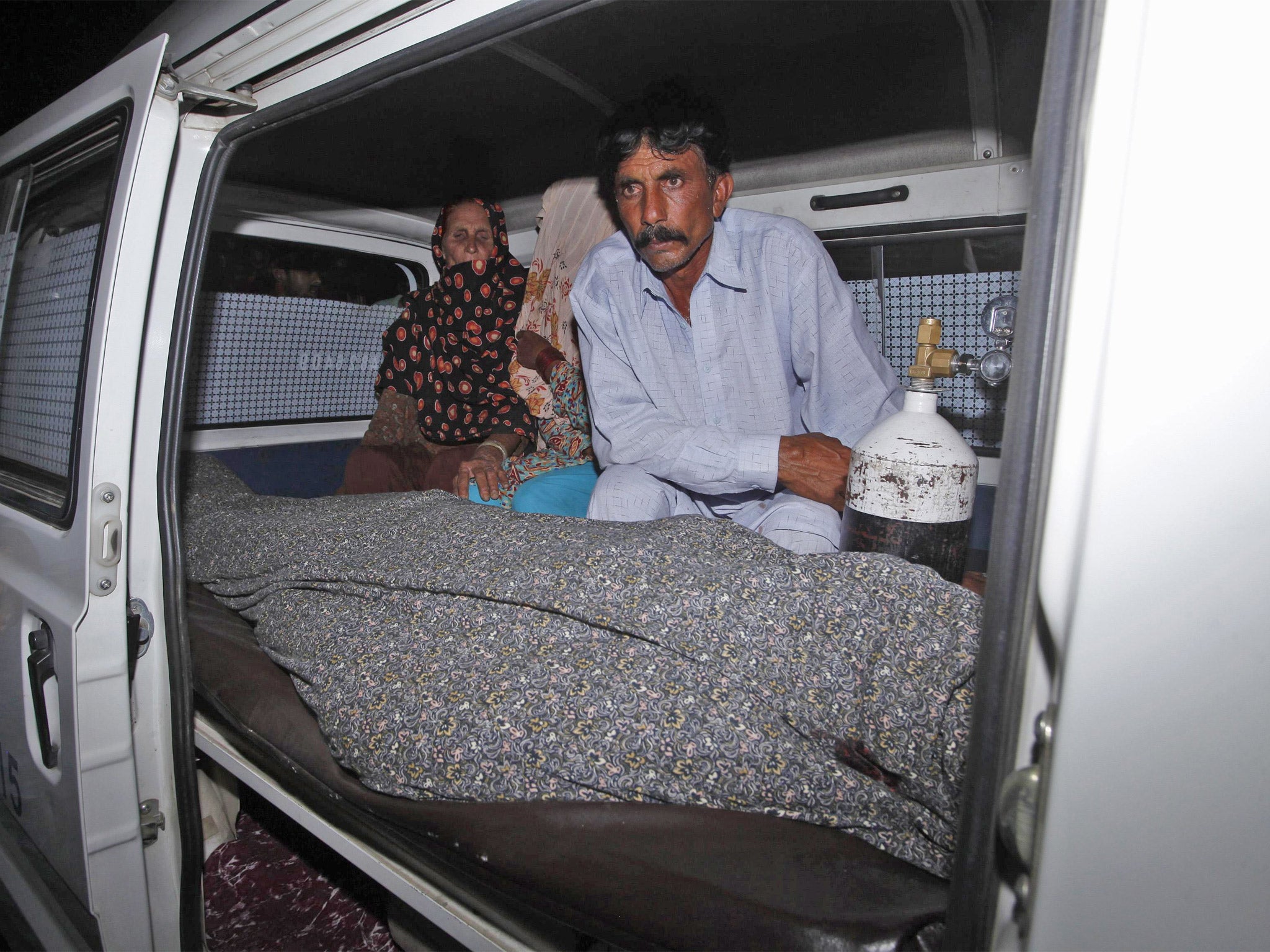Lahore honour killing: Farzana Parveen stoned to death by her family 'for marrying a man she loved'
Ms Parveen was killed by nearly 20 men in front of the High Court

Your support helps us to tell the story
From reproductive rights to climate change to Big Tech, The Independent is on the ground when the story is developing. Whether it's investigating the financials of Elon Musk's pro-Trump PAC or producing our latest documentary, 'The A Word', which shines a light on the American women fighting for reproductive rights, we know how important it is to parse out the facts from the messaging.
At such a critical moment in US history, we need reporters on the ground. Your donation allows us to keep sending journalists to speak to both sides of the story.
The Independent is trusted by Americans across the entire political spectrum. And unlike many other quality news outlets, we choose not to lock Americans out of our reporting and analysis with paywalls. We believe quality journalism should be available to everyone, paid for by those who can afford it.
Your support makes all the difference.A 25-year-old woman has been stoned to death by her family in front of a Pakistan high court for marrying a man she was in love with, police in Lahore have said.
Police official Naseem Butt said 20 members of Farzana Parveen’s family attacked her and her husband with sticks and bricks in broad daylight on Tuesday before a crowd of onlookers.
Mr Butt said Ms Parveen had married Mohammad Iqbal while she was engaged to her cousin. She had been waiting for the High Court in the eastern city of Lahore to open when the attack took place.
Her lawyer, Mustafa Kharal, said her father had filed an abduction case against her husband, which the couple was contesting.
Umer Cheema, a senior police officer, said her father, two brothers and former fiancé were involved in the so-called honour killing, which left Ms Parveen with severe head injuries. She was later pronounced dead in hospital.
All the suspects except her father escaped. He admitted killing his daughter, Mr Cheema said.
Around 1,000 Pakistani women are killed every year by their families in honour killings, according to Pakistani rights group the Aurat Foundation, but the true figure is probably even higher. The Aurat Foundation only produces figures based on newspaper reports and the government does not compile national statistics.
Cases that do result in a conviction can still see the killer walk free, as Pakistani law allows a victim's family to forgive their killer. The killer is often a member of the victim's family, allowing them to nominate a person to commit the act who would then be forgiven.
"This is a huge flaw in the law," Wasim Wagha, a member of the Foundation told Reuters. "We are really struggling on this issue."
Join our commenting forum
Join thought-provoking conversations, follow other Independent readers and see their replies
Comments